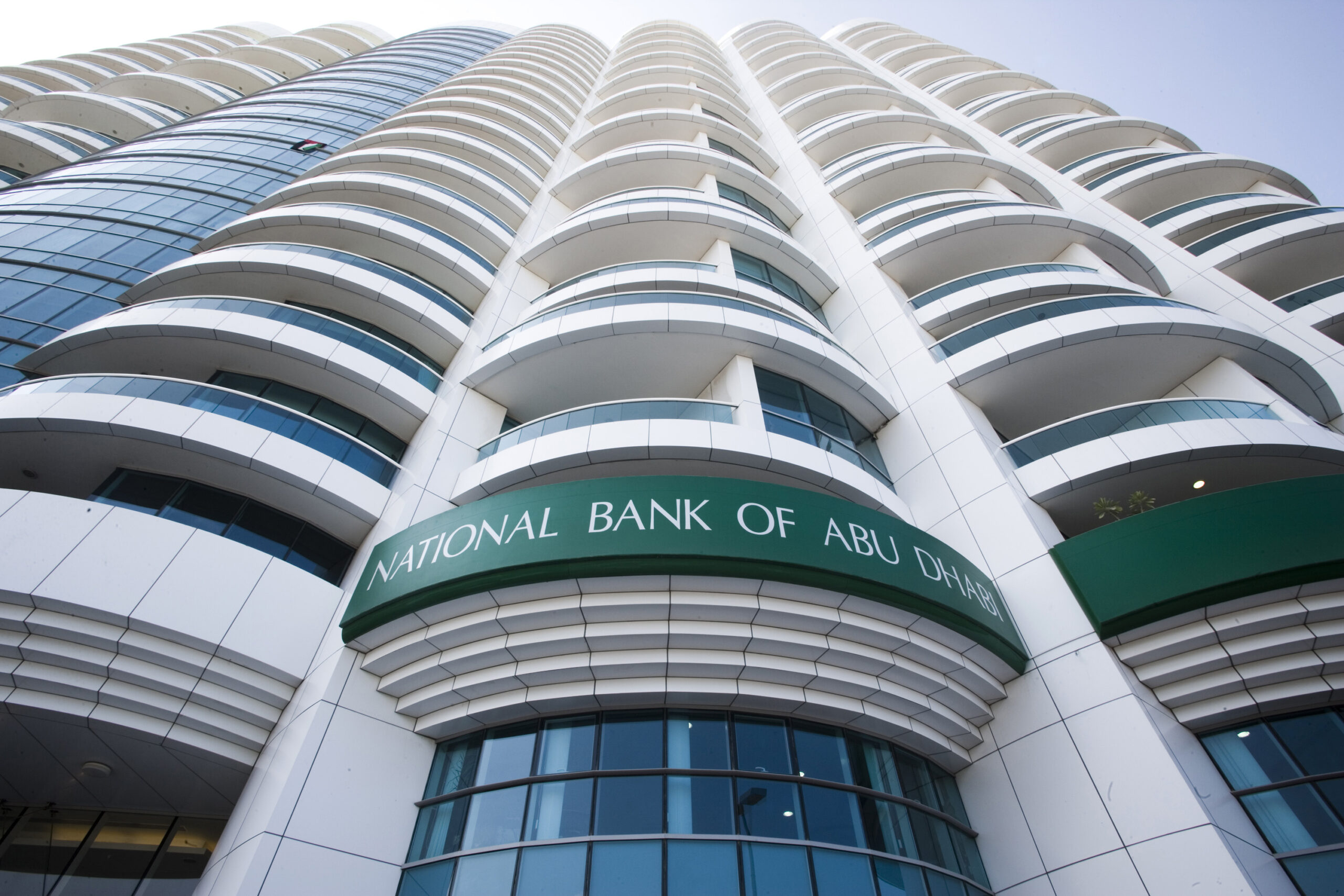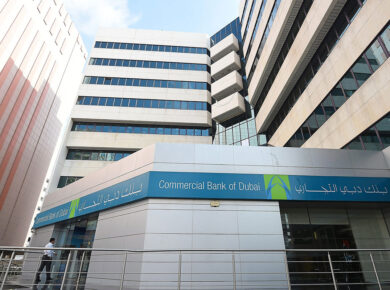GCC Banks Poised for Growth Amid Economic Shifts
The banking sector across the Gulf Cooperation Council (GCC) is experiencing a period of rapid expansion, driven by economic diversification, rising oil revenues, and digital transformation. As the region navigates global economic shifts, banks in the UAE, Saudi Arabia, Qatar, and beyond are poised to capitalize on new opportunities while addressing emerging challenges.
With rising interest rates boosting profitability, increasing foreign investments, and a strong push toward digital banking, GCC banks are better positioned than ever to play a central role in the region’s evolving economy. However, they must also adapt to changing regulatory landscapes, technological disruptions, and shifting global financial conditions to sustain long-term growth.
Economic Tailwinds Driving GCC Banking Growth
1. Strong Oil Revenues Supporting Financial Sector Expansion
The recent recovery in oil prices has provided GCC economies with a financial cushion, strengthening government balance sheets and increasing liquidity within the banking sector. While many countries in the region are actively diversifying away from oil dependence, strong hydrocarbon revenues continue to fuel economic growth and banking sector stability.
For banks, this means higher deposit growth, increased lending capacity, and stronger capital reserves, allowing them to finance large-scale infrastructure and development projects.
2. Economic Diversification Opening New Banking Opportunities
GCC governments are accelerating economic diversification efforts under Vision 2030 initiatives, particularly in Saudi Arabia and the UAE. These programs emphasize:
Infrastructure megaprojects (e.g., NEOM in Saudi Arabia, Expo City in Dubai)
Tourism and hospitality investments
Technology and fintech development
Renewable energy expansion
As non-oil sectors grow, banks are expanding their lending portfolios, supporting startups, SMEs, and major corporate ventures across industries like healthcare, technology, and logistics.
“Banks in the region are no longer just traditional lenders—they are now key partners in the economic transformation of the GCC,” says Ahmed Al Ghazali, a banking analyst at Gulf Financial Services.
3. Rising Interest Rates Boosting Bank Profitability
With global central banks tightening monetary policies, the GCC’s banks have benefited from rising interest rates, increasing net interest margins (NIMs) and driving record-breaking profits.
For instance, major banks like Emirates NBD, Qatar National Bank (QNB), and Saudi National Bank (SNB) reported double-digit profit growth in 2024, driven by higher loan interest rates and robust corporate lending.
While higher rates increase borrowing costs, GCC banks have been relatively shielded from global credit risks due to strong government backing, high capital adequacy ratios, and resilient liquidity levels.
4. Digital Banking and Fintech Disruption
The rise of digital banking and fintech innovation is transforming the customer experience and operational efficiency of GCC banks. Many leading financial institutions are investing heavily in AI-driven banking, blockchain technology, and mobile banking solutions.
For example:
Dubai’s Mashreq Bank has fully embraced AI and digital services, reducing physical branch dependency.
Saudi Arabia’s STC Pay is expanding rapidly, challenging traditional banking models with digital-first services.
Qatar’s QNB is investing in blockchain-based payment systems to enhance cross-border transactions.
With more tech-savvy customers and regulatory support for fintech startups, the GCC banking sector is set to lead the way in digital transformation across the MENA region.
Challenges Facing GCC Banks Amid Economic Shifts
While the outlook remains positive, several challenges could impact banking growth in the coming years.
1. Global Economic Uncertainty and Inflation Risks
Although the GCC has benefited from high oil revenues, global economic slowdowns, geopolitical tensions, and inflationary pressures pose risks.
Rising inflation could erode consumer spending and loan demand, while global recessions may impact trade financing and investment flows. Banks must remain cautious in their risk management strategies to navigate potential economic turbulence.
2. Competition from International and Digital-Only Banks
As the GCC opens its financial markets, international banks and neobanks are increasing competition. Global players like HSBC, Citibank, and JPMorgan Chase are strengthening their GCC presence, while digital-only banks like Wio Bank (UAE) and Liv. by Emirates NBD are attracting younger customers.
Traditional banks must continue innovating and personalizing financial services to retain market dominance.
3. Cybersecurity and Regulatory Compliance Challenges
With greater digitization comes increased cybersecurity threats. GCC banks are prime targets for cyberattacks, and regulators are enforcing stricter compliance measures to protect customer data.
Regulatory frameworks are also evolving, with central banks in the UAE, Saudi Arabia, and Qatar tightening financial governance standards to prevent money laundering and financial fraud. Banks must invest in cybersecurity infrastructure and compliance systems to remain resilient.
What’s Next? The Future of GCC Banking
As GCC banks navigate economic shifts and emerging challenges, several key trends will shape their future:
1. Expansion into International Markets
GCC banks are increasingly looking beyond the region, expanding into Africa, Asia, and Europe. Saudi Arabia’s SNB is exploring partnerships in China, while UAE banks are investing in African fintech ventures to tap into high-growth markets.
2. Sustainable and ESG-Focused Banking
With global investors demanding environmental, social, and governance (ESG)-compliant investments, GCC banks are integrating sustainable finance into their portfolios. The UAE has already launched green bonds and sustainability-linked loans, setting a precedent for the region.
3. AI and Automation in Financial Services
AI-driven banking is set to reshape the financial sector, with predictive analytics, automated lending, and AI-powered customer service becoming standard. Banks that embrace AI early will have a competitive advantage in offering faster, more efficient services.
Despite global economic uncertainties, GCC banks are well-positioned for sustained growth, thanks to strong government support, digital transformation, and a diversified economic strategy.
With rising interest rates, fintech adoption, and regional megaprojects fueling demand for financing, banks across the Gulf are set to become even more powerful drivers of economic development in the years ahead.
For investors, businesses, and customers alike, the GCC banking sector remains a robust, profitable, and innovative financial ecosystem poised for long-term success.





